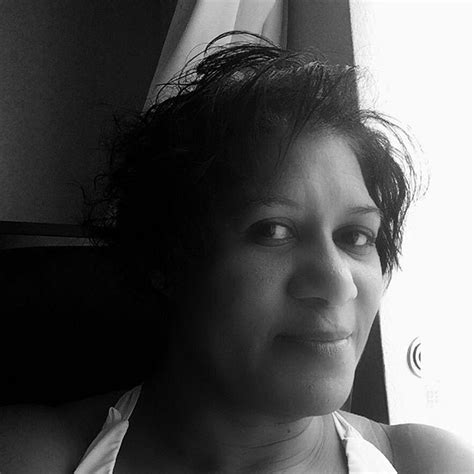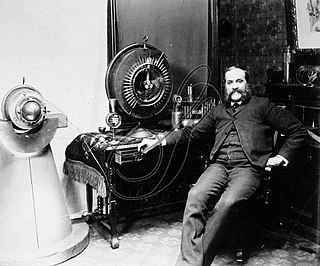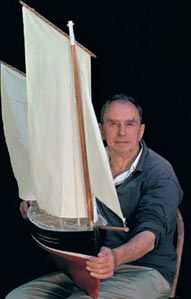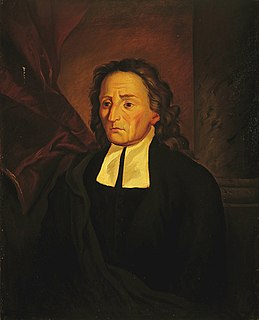A Quote by Marguerite Yourcenar
In alchemical treatises, the formula L'Oeuvre au Noir ... designates what is said to be the most difficult phase of the alchemist's process, the separation and dissolution of substance. It is still not clear whether the term applied to daring experiments on matter itself, or whether it was understood to symbolize trials of the mind in discarding all forms of routine and prejudice. Doubtless it signified one or the other meaning alternately, or perhaps both at the same time.
Related Quotes
Whether it is good or evil, whether life in itself is pain or pleasure, whether it is uncertain-that it may perhaps be this is not important-but the unity of the world, the coherence of all events, the embracing of the big and the small from the same stream, from the same law of cause, of becoming and dying.
I've been around a long time and I've found that these forms, whether it's the cartoon, or whether it's a play, or all these dying forms refuse to die. Something happens to rejuvenate them and it will certainly happen to the political cartoon. It will come back. But whether it's on the internet, or whether it's in some other form, however that works, whether it looks the way it looks now, or entirely different, I have no idea. And thank God I don't have to worry about it.
It's not a matter of how much you know or can define, or how many millions of mantras or thousands of prostrations you have done, or how many months of wangs you've attended. The important thing is whether or not the mind is really changing, whether our negative emotions are really coming under control, whether we are really beginning to understand ourselves, whether our mind is really improving, and whether in our hearts there is genuine love and caring for other people.
Matter is capable of infinite subdivision...All matter is in a state of perpetual activity [motion], whether the substance under consideration be inanimate or animated, visible or invisible...There is no dividing of matter and force into two distinct terms, as they both are ONE. FORCE is liberated matter. MATTER is force in bondage.
"It is essential to understand this point thoroughly: that the thing-in-itself, whether animal, vegetable, or mineral, is not only unknowable-it does not exist. This is important not only for sanity and peace of mind, but also for the most "practical" reasons of economics, politics, and technology.. This is not to say only that things exist in relation to one another, but that what we call "things" are no more than glimpses of a unified process. Certainly, this process has distinct features which catch our attention, but we must remember that distinction is not separation."
Potential does not always ensure success. The greatest players have not always been the most endowed. In athletics, we often hear the phrase, "He has the will to win". I think this is wrong. We can have the greatest will to do well. But unless we have prepared, it is of little use. Really, it should be the "will to prepare". Those who succeed have this will, whether it be in athletics, whether it be in school, whether it be in their chosen vocation, whether it be on a mission, or in almost any other phase of their life.
Do you remember writing in your diary," he said, "that it did not matter whether I was a friend or an enemy, since I was at least a person who understood you and could be talked to? You were right. I enjoy talking to you. Your mind appeals to me. It resembles my own mind except that you happen to be insane.
Whether you know it or not, one of the most important relationships in your life is with your Soul. Will you be kind and loving to your Soul, or will you be harsh and difficult? Many of us unknowingly damage our Souls with our negative attitudes and actions or by simple neglect. By making the relationship with your Soul an important part of your life, however, by honoring it in your daily routine, you give your life greater meaning and substance. Use your experiences-all of them-as opportunities to nourish your Soul!






































